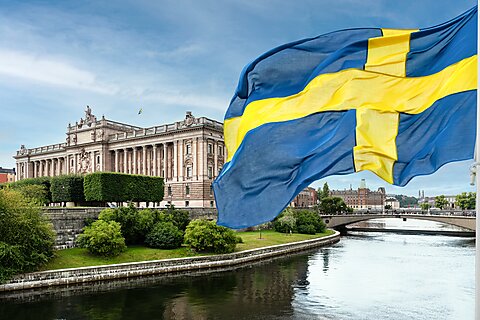Johan Norberg
During the pandemic, it seemed like the world was watching and worrying about Sweden, because my home country chose to stay open during the crisis. Many people warned that it was a reckless experiment that would end in disaster, and some people think Swedes came to regret this policy.
Today, I am publishing the Cato Policy Analysis paper, Sweden during the Pandemic: Pariah or Paragon? where I look at what Sweden did and summarize how it worked out. In the end, Sweden did better than other countries when it comes to school results and economic performance. That was to be expected as Sweden was one of few countries where schools and workplaces remained open. More surprisingly, Sweden also did better than most western countries on health outcomes.
Remarkably, Sweden had one of the lowest excess mortality rates during the three pandemic years 2020–22 – less than half of America’s. It seems like voluntary adaptation to the pandemic worked better than most people expected, and it suggests that it was not Sweden but the lockdown countries that engaged in an unprecedented experiment, depriving millions of their freedom without a discernible benefit to public health.
Read it here.

